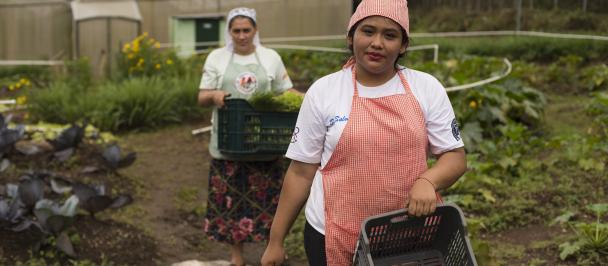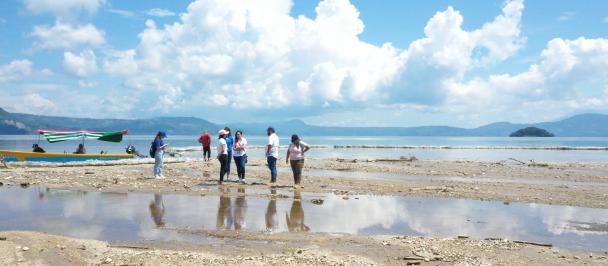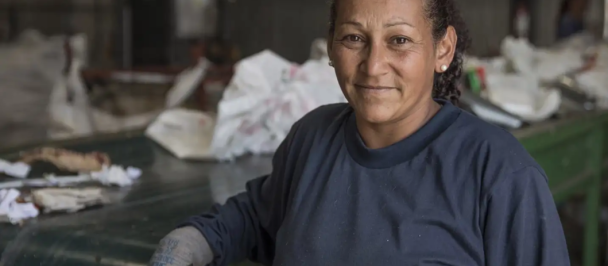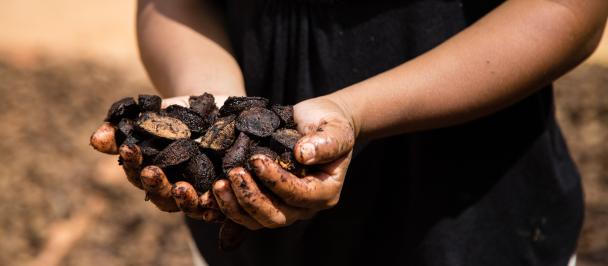For adaptation to water scarcity from smallholder farmers’ communities
Building a collaborative tissue towards collective intelligence [CI]
7 de Junio de 2023
During our journey to find solutions for efficient water management to adapt to water scarcity, for smallholder farmers [SHF] in Santa María de Jesús we start from:
Understanding the context
Approach counterparts and SHF communities
Build trust to conduct a collective intelligence process.
Test mechanisms that allow envision the power of data / knowledge to support the effectiveness of solutions
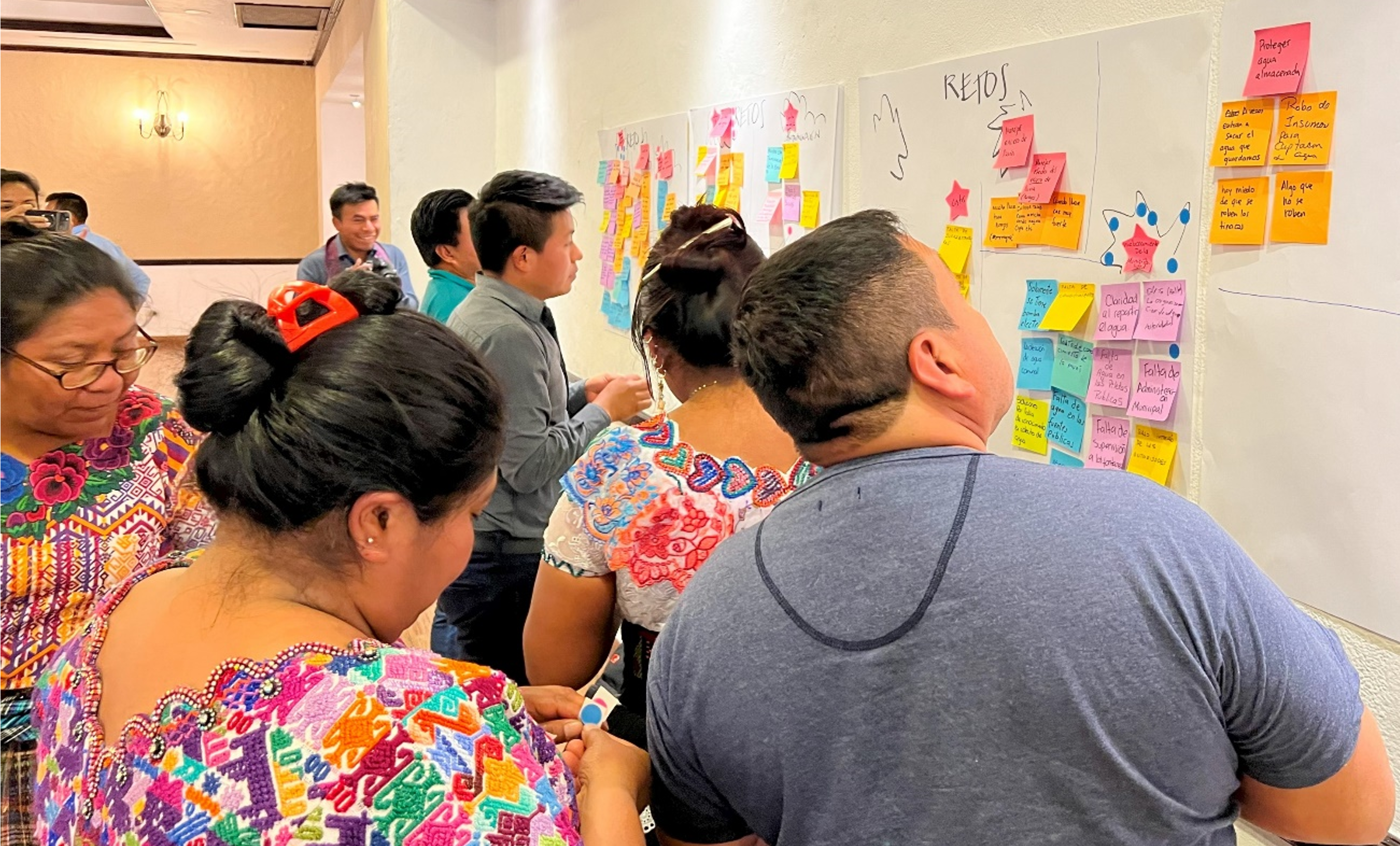
Participatory process based on Person Centered Design.
Sharing our experience to build a relationship of trust:
Collective intelligence [CI] processes should be supported by building trust between the parties, especially when we talk about new methods to generate shared knowledge in communities of SHF in rural areas .
Why build trust? Innovation processes often require getting out of our ordinary activities, and this is the case SHF get up very early (4-5 am) to carry out their agricultural activities, both in periods of snow pea cultivation (short harvest), as well as in periods of cultivation of basic grains for self-consumption (long season). Their day ends around 5 pm in the afternoon, so they can spend time with their family, still belonging to traditional communities
Other farmers have organized themselves to carry out a full-time job, while carrying out their productive activities in parallel. You can read more about these two communities in Santa María de Jesús here: “How small farmers are adapting to water scarcity”.
That is why the Accelerator Labs proposals must start from an understanding of the productive load of these SHF, and that the processes to identify innovation opportunities through collective intelligence must be carried out at times or moments that do not interrupt their productivity, and respecting family time.
For this reason, we made a call for a half-day workshop, in which through a co-creative process based on the principles of Design Thinking addressing:
a. Shared purpose: recognize opportunities to innovate through the use of collective intelligence methods.
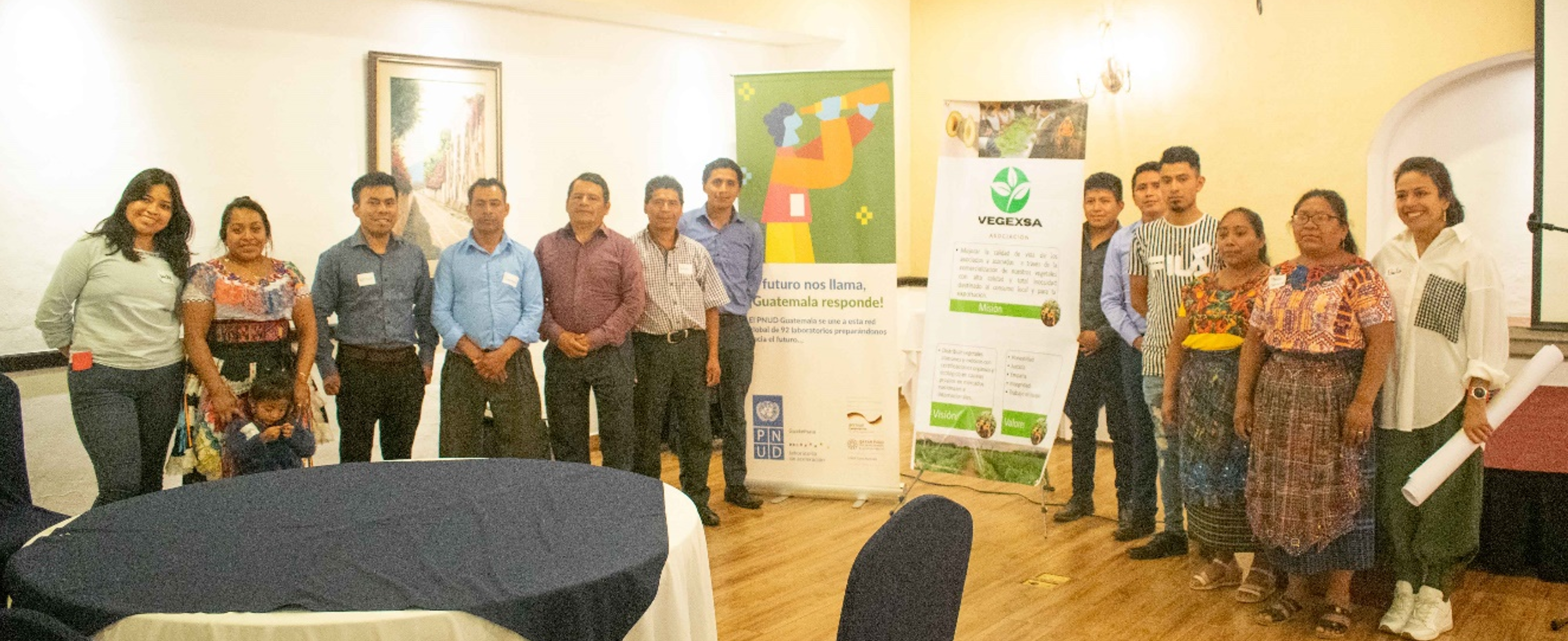
Members of the Association of Exotic Vegetables, VEGEXSA during a co-creation workshop.
b. Definition of challenges from "bottom up": Through the opening of spaces for deep listening in worktables co-facilitated by the Lab, a divergent process of the various challenges was carried out. Through anonymous voting by criteria-value, the main challenges for them converged: being water quality and water pollution.
Other challenges that emerged was the crisis to maintain hygiene at home, particularly for children. Even more challenging, the current hygiene conditions in public schools, which increases the lack of sanitation for children in Santa María de Jesus.
However, this could have been a turning point to reorient the challenge of adaptation water scarcity due to climate change. We decided with UNDP Energy and Environment Portfolio not to distance ourselves from the commitment to identify other adaptation mechanisms for water scarcity towards productive chains within the Volcanic Chain territory.
- Here you can learn more about the results of this process - Board A.
c. Present the first portfolio of solutions: to validate interaction with the portfolio (first prototype) and identify the interest in deepening knowledge of solutions in
Rain or climate water harvest
Irrigation systems including ancestral methods
Artisanal filtration
With a verbal narrative and the visibility through an exhibition (museum type) of the solutions, each one of the producers, including women, showed interest in the opportunities to consider these solutions in their productive practice. Some of them shared with the rest of the producers, how they remembered ancestral agricultural practices in irrigation, which were stopped being exercised, recognizing the value of retaking this knowledge.
From the solutions shared, the ones that generated the most interest were:
Increase in water collection
Harvesting rainwater
Mist/fog capture
Solutions related to water filtration, including artisanal practices.
- Here you can learn about the results of this process: Board B.
Find our catalog of solutions: water collection, irrigation systems with little water, hydroponics solutions, filtration as well as media and knowledge platforms in water management.
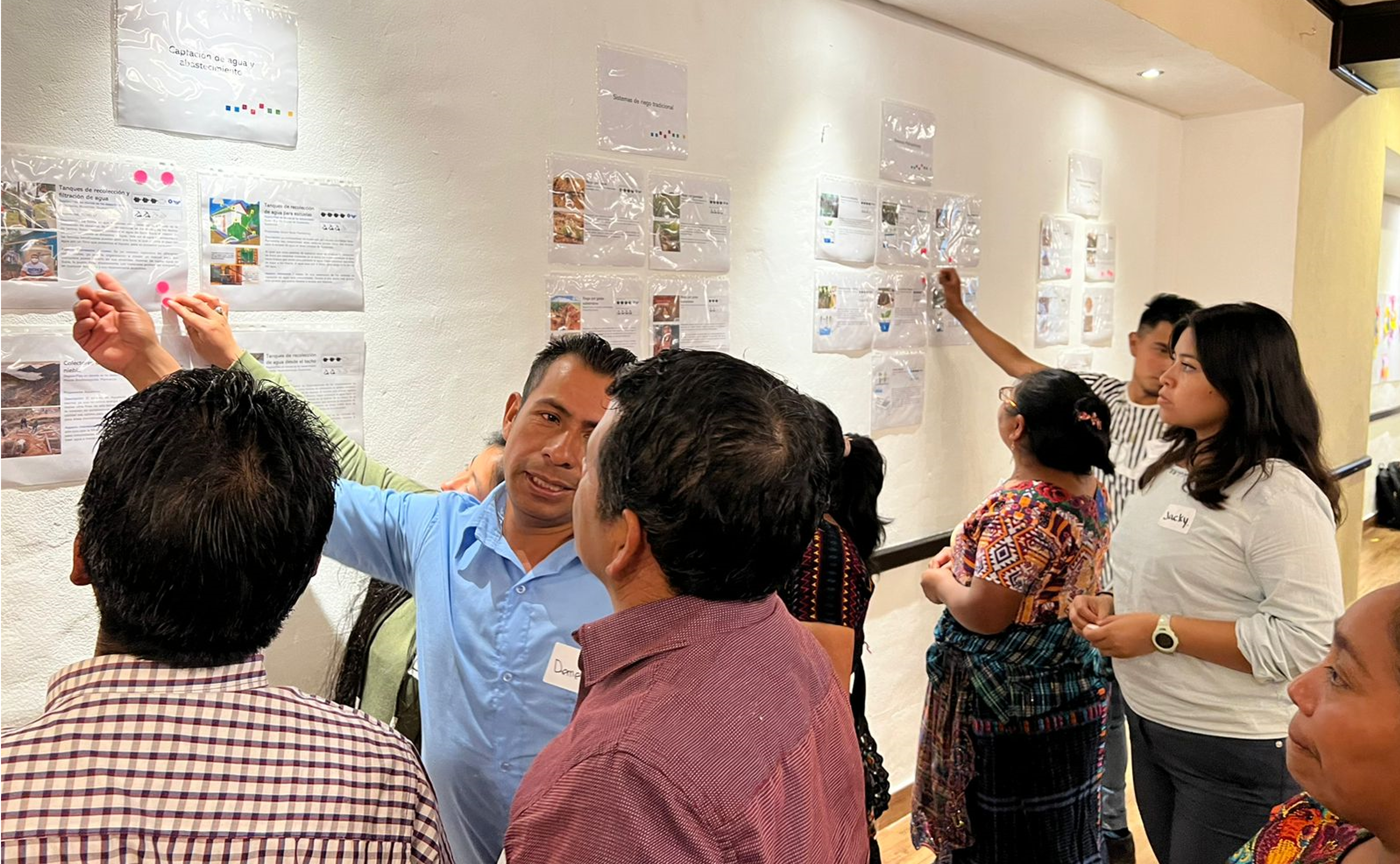
Exhibition of solutions and prioritization to deepen more knowledge / information.
d. Ideating from divergence to convergence: after increasing the appetite for knowledge through the solutions portfolio, the collaborative ideation phase responded to identified challenges. With a democratic voting process, ideas were prioritized towards material solutions for water collection; water filtration; water cleaning.
- Here you can learn more about the results of this process: Board C.
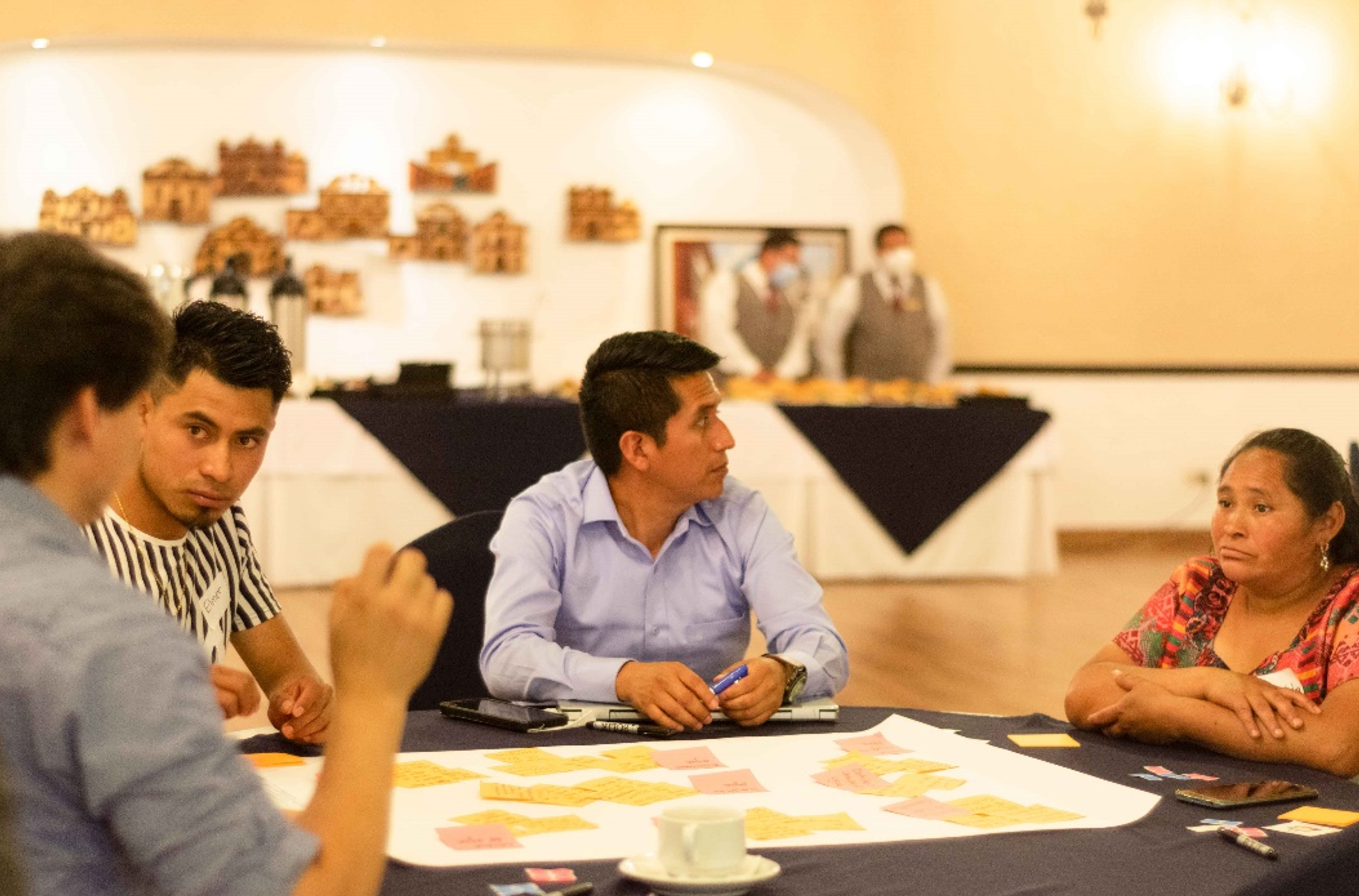
From divergence to convergence of ideas to address identified challenges.
e. Visualizing the power of prototypes: recognizing opportunities through collective intelligence based on data identification.
From Solutions Mapping we had identified the need for more precise information, both in climatic conditions to find solutions according to the context and finding that the information is not only dispersed but at a very broad territorial level, we began to look for how to generate information from the same farmers.
Homemade rain gauges.
“Assemble it yourself” hygrometers.
Learnings:
With the appropriation of the participants themselves (who assumed co-facilitation naturally), it was easy to structure ideas from a brainstorming (divergence) towards the grouping of solutions (convergence). As communities they can replicate processes to find consensus.
The Lab can add value in more agile and innovative ways, discovering jointly the challenges for the most vulnerable people. Solutions should focus on self-sufficient mechanisms by SHF on the field and having space to prototype them collectively to reduce costs and learning time.
a. Attendance from the two communities was achieved including participation from 3 generations of women. For further activities, the presence of children should be considered, due that women ordinarily nurse their children at home.
b. The value of the dynamics lay in the encouragement of the participation of each one of the members, including the participation of women - even in 3 generations (grandmother, mother, and granddaughter), who little by little were sharing their opinions, impressions, or concerns. in a verbal way.
c. The tour of solutions was received with great openness and gratitude for showing ways (including ancestral ones) to improve water management, f at the plenary level and then in personal review of this "museum of solutions". As a low-fidelity prototype for the collaborative platform, it worked very well.
d. The transparency generated by the anonymous and democratic voting session is verified once again. Sophisticated skills are not required to participate and grant individual assessment towards collective valuation.
e. For the ideation phase, we observed the appropriation of the dialogue and facilitation methods by the producers themselves, opening space for other ways of collecting opinions and contributions for further challenges on consensus.
f. Having shown the "homemade" prototypes of rain gauge and hygrometer, as "mock-ups" of data generation mechanisms towards a multi-source survey, it was successful. It was shown that frugal means are accessible to farming communities to obtain more precise information on the plots.
g. According to the feedback received from the counterparts (Volcanic Chain Project and Tikonel), the workshop managed to build trust with SHP and openness to the CI process.
“To have felt heard and that their opinion was important to determine the solution approach, was extremely valuable for smallholder farmers. Feeling they were truly taken into account, and that changed the game for them.”
- Amarilis Yoc, Project Coordinator, Tikonel
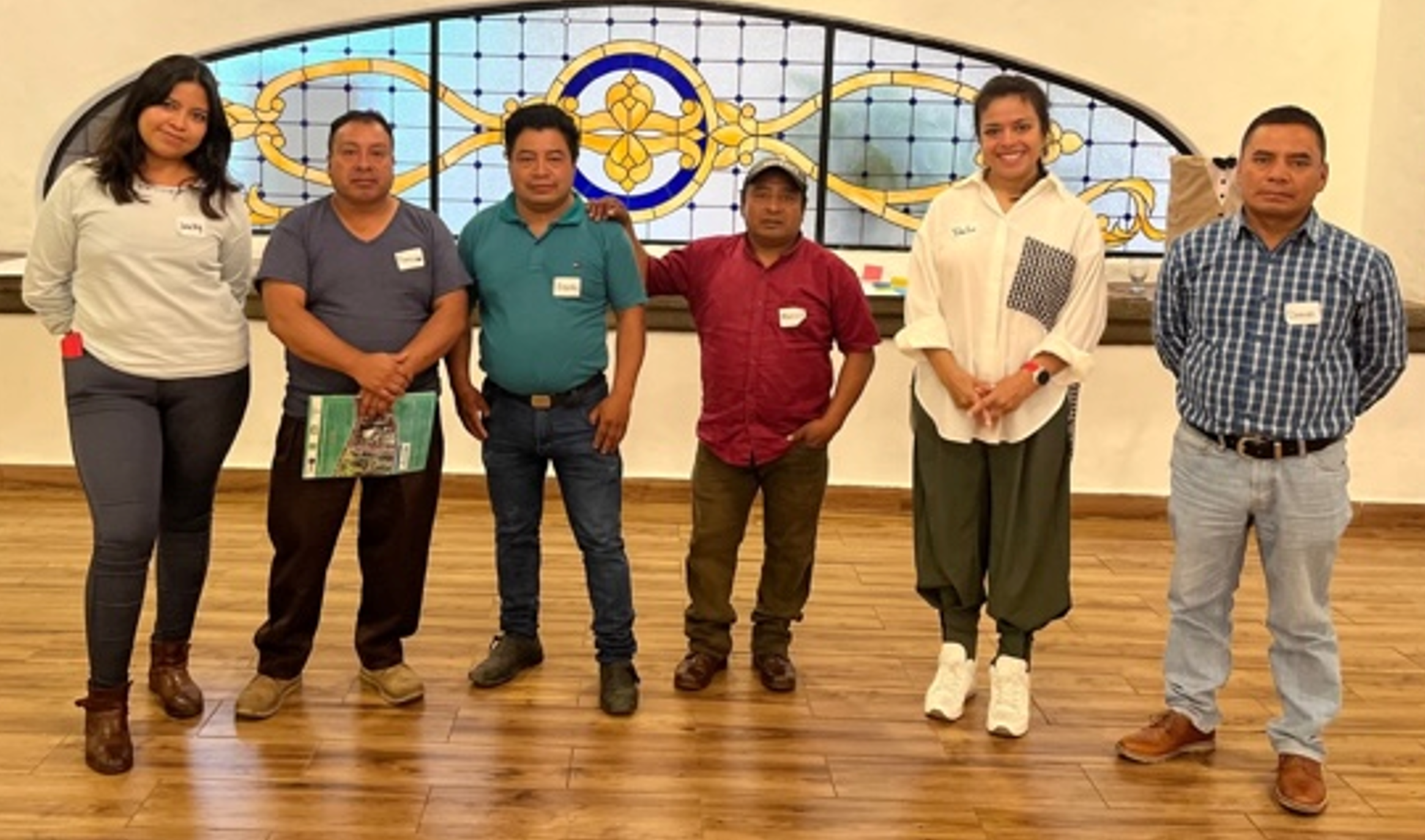
Producers of the Integral Marketing Cooperative “Dulce Nombre de María”.
Do not miss our next blog, on how to generate data to address water scarcity from "do it yourself" tools.
BLOG written by:
Paola Constantino - Head of Solutions Mapping, Accelerator Labs Guatemala.

 Locations
Locations



